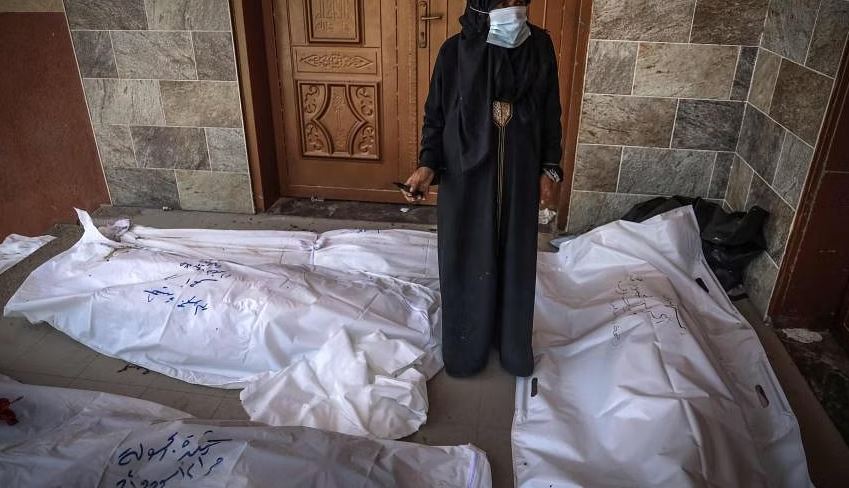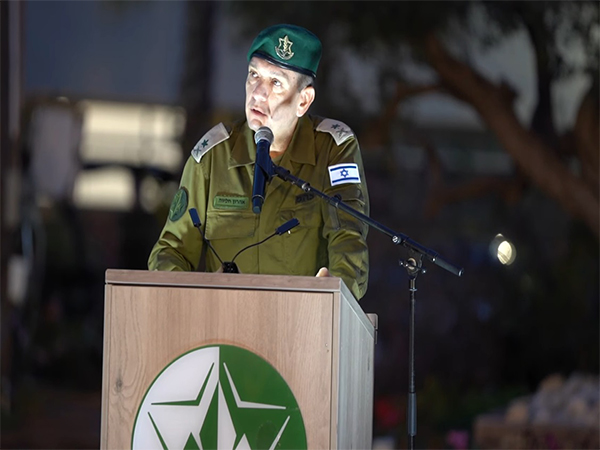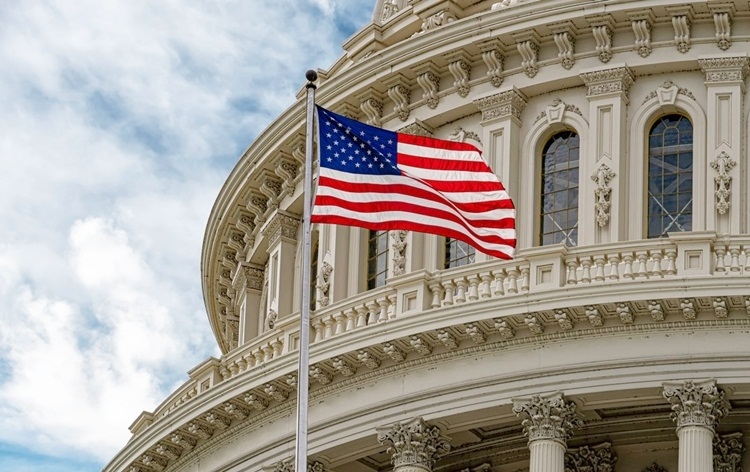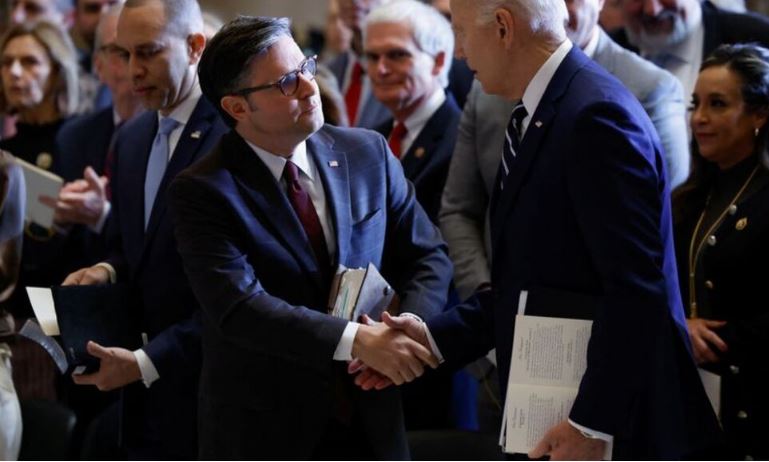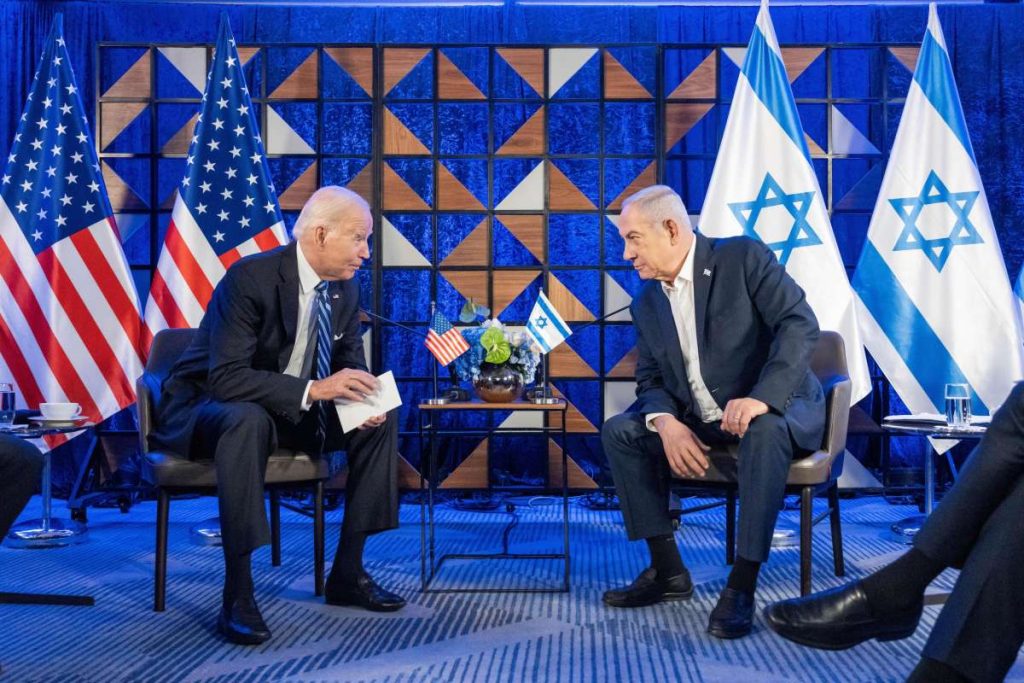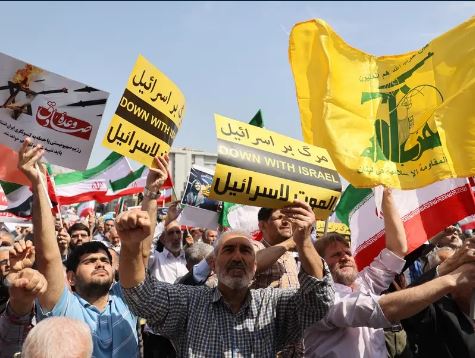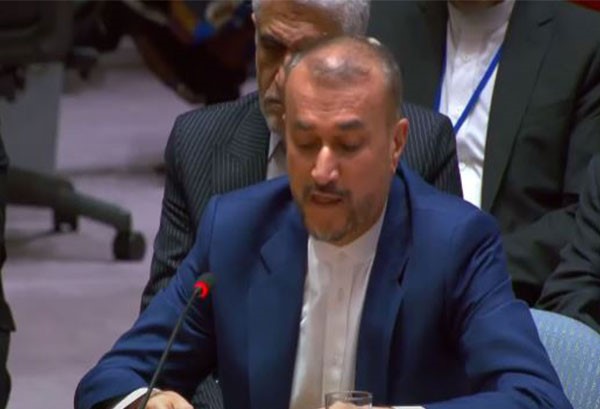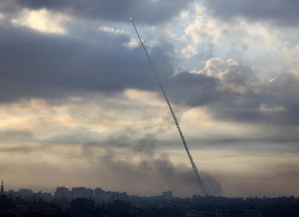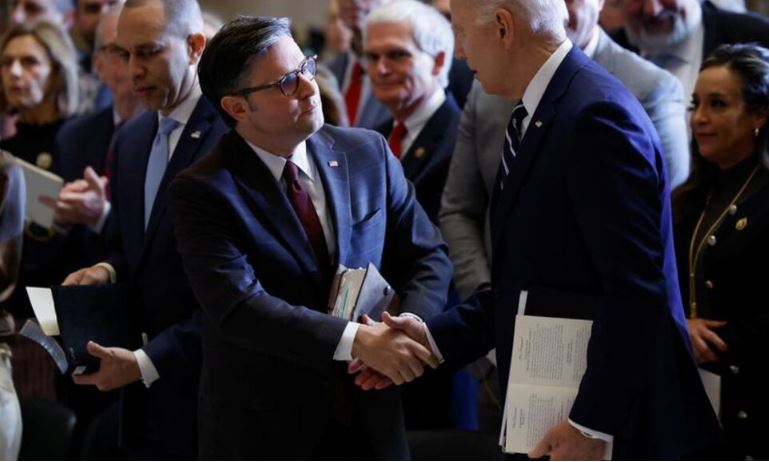Palestinian civil defence teams in Gaza reported that a mass grave with 283 bodies was located near the Nasser Hospital in the southern city of Khan Younis….reports Asian Lite News
The bodies discovered in a mass grave in the Gaza Strip were not buried by Israeli soldiers but by Palestinians, according to Israel’s embassy in Geneva.
“The claim that the (Israel Defense Forces) buried Palestinian bodies is baseless and unfounded,” said an embassy statement released on Tuesday evening.
Soldiers only examined the bodies in the grave in search of Israeli hostages, the dignity of the deceased was respected, and the bodies of Palestinians were returned to the same place, it added.
“The examination was conducted in a careful manner and exclusively in places where intelligence indicated the possible presence of hostages,” the embassy said.
Palestinian civil defence teams in Gaza reported on Monday that a mass grave with 283 bodies was located near the Nasser Hospital in the southern city of Khan Younis.
According to the office of the UN High Commissioner for Human Rights Volker Turk, which cited the civil defence, some bodies had bound hands.
Turk on Tuesday said he was “horrified” at the reported discovery of mass graves near hospitals in Gaza and called for an independent investigation into the causes of the deaths.
There have also been reports in recent weeks of bodies found at the Al-Shifa medical complex in Gaza City.
Under international humanitarian law, hospitals are entitled to special protection.
In his remarks, Turk noted that “the intentional killing of civilians, detainees, and others who are hors de combat (out of action due to injury) is a war crime”.
The UN High Commissioner for Human Rights also criticised the recent attacks by Israeli forces in Rafah in the Gaza Strip due to the high death toll among women and children.
“The latest images of a premature child taken from the womb of her dying mother, of the adjacent two houses where 15 children and five women were killed — this is beyond warfare,” said Turk, warning of possible war crimes.
The pregnant woman was fatally injured in an Israeli attack on a residential building a few days ago, according to a UNHCR spokeswoman.
Rescue workers had taken her to a hospital where the baby had survived after a caesarean section on its dying mother and was now fighting for its life.
The UN office documented three military strikes in Rafah since April 19, in which at least 30 women and children were killed.
The UNHCR now estimates that there are still 1.2 million displaced persons in Rafah. This is down from the earlier estimate of 1.7 million due to many people leaving Rafah for fear of the offensive to the north announced by Israel.
Such an offensive could lead to further violations of international law, as well as war crimes and crimes against humanity, UNHCR said.
According to Palestinian authorities, more than 34,000 people died since Israel launched a military operation in retaliation for the massive terrorist attack in the south of the country on October 7 that killed nearly 1,200 people.
Turk also demanded the immediate release of the remaining hostages taken from Israel during last year’s attack.
Meanwhile, southern Israeli border areas came under renewed rocket fire from Gaza early Tuesday.
Four rockets were intercepted by Israel’s missile defence system, local media said, with one warehouse in the border town of Sderot being hit by fragments and setting on fire. There were no reports of casualties.
According to Israeli figures, more than 16,000 rockets have been fired at Israel by the Palestinian militant organisation Hamas and other groups since October 7.
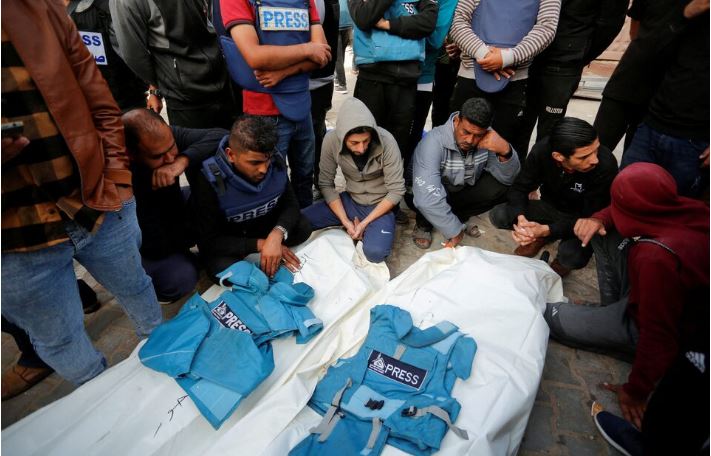
Red Cross says Rafah evacuations ‘impossible’
The situation in Gaza remains tense and precarious as concerns grow over a potential Israeli assault on the city of Rafah. Amid these fears, plans to evacuate Palestinians from Rafah, “would be impossible,” according to Red Cross, media reported.
Fabrizio Carboni, a Red Cross official, expressed doubts about the feasibility of such evacuations given the lack of suitable shelter and essential services elsewhere, AFP reported.
Israeli media reports suggested preparations for a military operation in Rafah, which Israeli Prime Minister Benjamin Netanyahu has long advocated. However, concerns have been raised about the humanitarian consequences of such an operation, particularly given Gaza’s already dire conditions.
The prospect of civilian evacuations prompted discussions about potential international assistance, including the possibility of setting up tent cities with international support. Yet, aid workers remain uncertain about how to mitigate the impending crisis, with little information provided by Israeli authorities or international donors.
Jan Egeland, head of the Norwegian Refugee Council, described the situation as a countdown to catastrophe, emphasizing the urgent need for humanitarian action, AFP reported.
ALSO READ: UAE, Oman ink deals worth Dh129b

